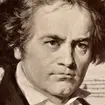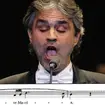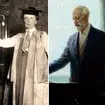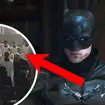How To Buy Franz Schubert's "Trout" Quintet
Many of us associate our holidays with the music we heard in the local bars and restaurants. Not content with recollecting other people’s music, 22-year-old Franz Schubert, on a break in the Austrian Alps in 1819, wrote his own, a piano quintet, and what a gem it is.
So why is it called the Trout? Well, an amateur musician by the name of Sylvester Paumgartner, who commissioned the quintet, met Schubert on his hols and told him how much he enjoyed the composer’s song Die Forelle (The Trout), so Schubert decided to incorporate it into the quintet.
The work is full of gorgeous melodies and youthful exuberance and inhabits a sound-world that is wholly invigorating. The Scherzo is fast and furious, while the Theme And Variations of the fourth movement depict the rippling water and the leaping trout.
Schubert uses the piano to great effect, and only the most sympathetic players shine through. Alfred Brendel’s reading is measured and thoughtful, but lacks some of the intimacy and beauty of Clifford Curzon’s account, which is bursting with personality.
The Hagen Quartet and James Levine turn in a well-integrated performance, as do the Belcea Quartet with Thomas Adès, but the latter recording shows greater urgency and character.
Frank Braley and his colleagues give a tremendously enthusiastic interpretation, but it’s Clifford Curzon’s recording that wins the day. One of our finest Schubert interpreters, the legendary Curzon, alongside the Vienna Octet, plays with the intensity and joy that the piece demands.
























